As we discussed in our “international marketing: export market considerations” article, Marketing for exports, amongst other things, involves establishing the market accessibility, growth potential and cost of doing business in the foreign market concerned. Easy access, high growth potential and a low cost of doing business will all make a potential foreign market more feasible as an export destination for your product. In this article, we will explain how free trade agreements could improve the accessibility of a particular foreign market, contribute towards growth potential, and lower the cost of doing business.

Protectionism and International Marketing
One of the first steps in developing an export marketing plan and successfully marketing for exports is identifying the right export market for your product. Ultimately, selecting a foreign market that holds the most opportunity for your business and product contributes significantly to your international marketing success. Selecting the most suitable export market for your product inevitably involves investigating if there are any barriers to trade, i.e., protectionist policies such as tariffs, quotas or subsidies. When protectionist policies are imposed, they could restrict the importation of your product into the foreign market concerned and negatively impact market accessibility, growth potential and the cost of doing business. However, where a free trade agreement exists between your country and the foreign market concerned, these negative influences could be minimised or removed.
What is a Free Trade Agreement?
A free trade agreement is an agreement between countries to remove or reduce particular barriers to trade. There are three main types: multilateral trade agreements, bilateral trade agreements and regional trading bloc agreements. To learn more about the various types of free trade agreements, click here.
What Influence does a Free Trade Agreement have on Marketing for Exports
Utilising the advantages provided by the various free trade agreements to which your country is a signatory contributes to the overall competitiveness of your products in the partner country concerned by removing or reducing barriers to trade. For example, utilising an applicable free trade agreement could grant your product tariff-free access to the foreign market concerned. Thus, when marketing for exports, the foreign market becomes more accessible, has more growth potential, and has a lower cost of doing business.

Understanding Free trade agreements form an essential part of ensuring your business is successful internationally. Thankfully, Trade Forward Southern Africa, in collaboration with the International Trade Institute of Southern Africa, has created the TFSA School of Export to get you started on your export journey. The TFSA School of Export has an extensive library of export-related E-learning, including training on marketing for exports. Click the links below and sign up for Free. Join our community, and let’s grow together.
To sign up to the School of Export CLICK HERE.
If you already have a profile, CLICK HERE to login to begin the module.
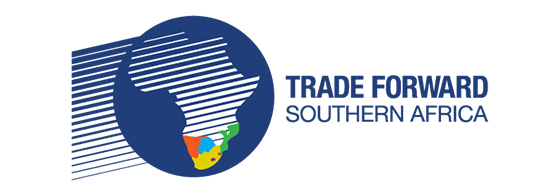

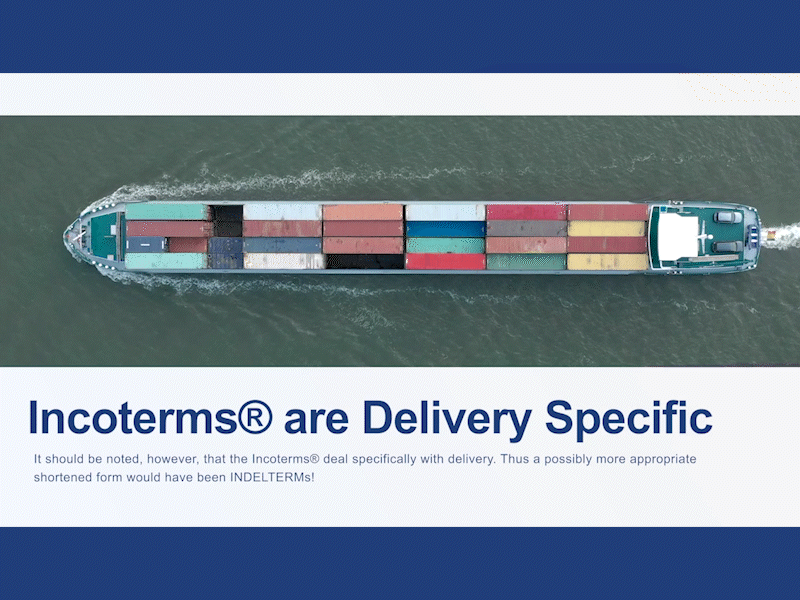
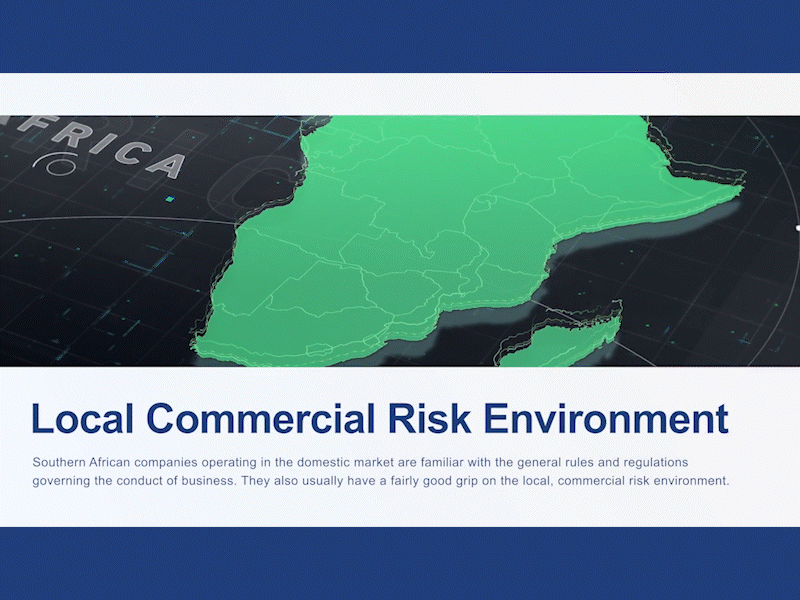
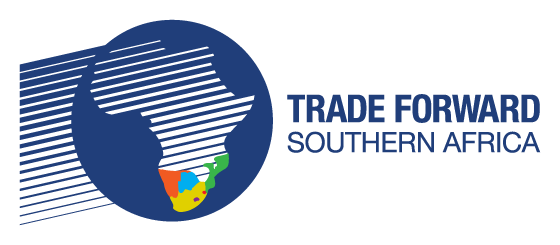
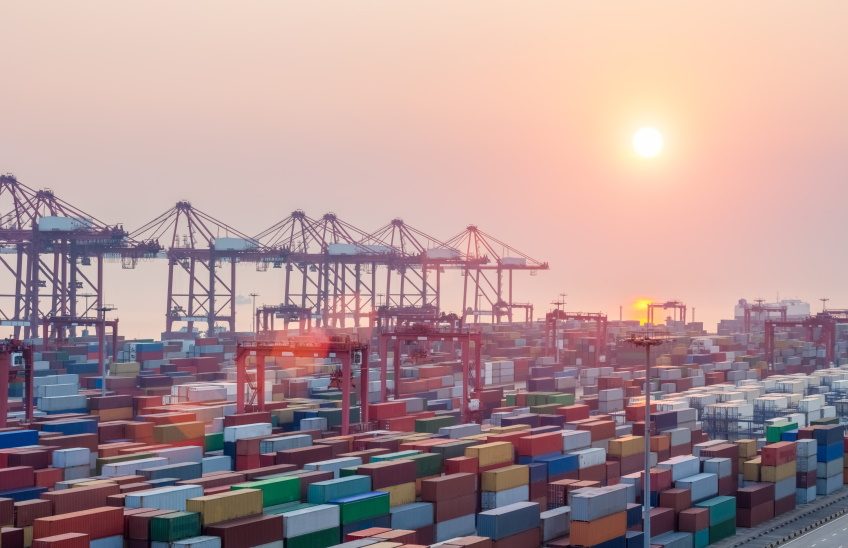




Leave a Reply